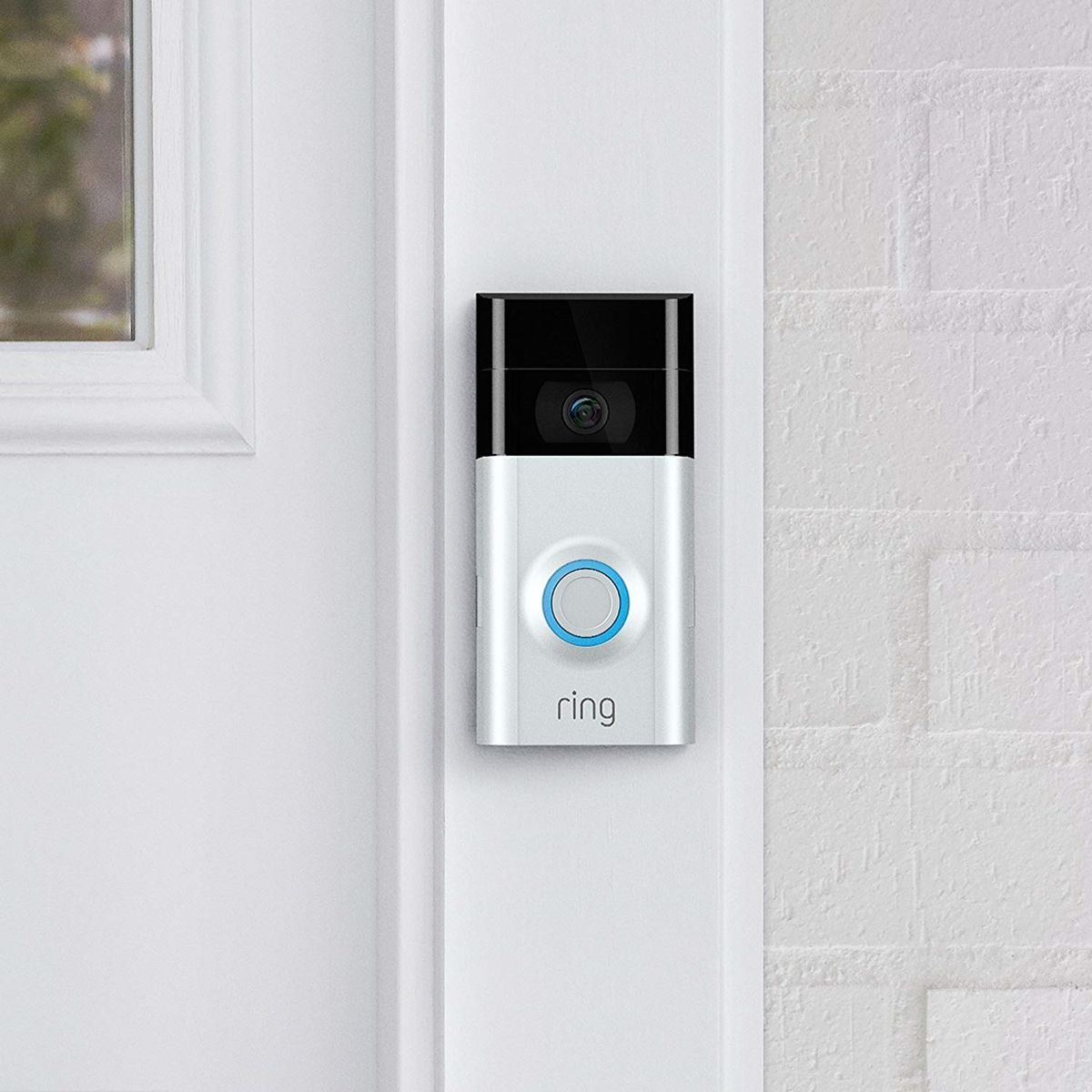The advent of the internet has helped improved communication and interconnectivity in so many ways… but the fact that we can now find out anything about any subject – or about anyone – at the click of a button also has its downsides. It’s easier than ever for something you may have said or done in the past to be used against you, or for a malicious party to slander and defame you online.
That’s why all internet users are advised to manage their online reputation with care. After all, defamatory material about you online (whether true or not) could prevent you from being accepted for a new job, impact negatively upon any credit or insurance applications or even interfere with your love life. Fear not, however, as these top tips can help to track down old, private or falsified information about you and keep your online identity squeaky clean.
1) Remove your data from Google
The first port of call for anyone searching for information about you, regardless of what their intentions are, will undoubtedly be to perform a Google search on your name. Trying it yourself might reveal that there is a surprising amount of data held about you online, not all of which you want the rest of the world to see.
Thankfully, it is now possible to remove data from Google search results, including such things as your contact information, bank accounts and credit card details, medical records and ID numbers. You’ll need to point Google in the direction of where the information is to be found and follow the steps for removal – more information can be found at the link above.
2) Scrub social media
It’s an ironic fact that most of the compromising or sensitive information available about us online has been freely volunteered by ourselves, through our social media platforms. This is especially true of posts, comments, photos and videos we may have uploaded years ago, when data security wasn’t as widely understood and protection protocols were more lax.
Combing through your entire history of Tweets, Facebook posts and Instagram photos might seem like a dauntingly time-consuming task, but it will be well worth it to remove access to incriminating media from your past. Alternatively, it is possible to bulk delete posts all at once, either through third-party apps and programs or via the platform’s own tools. It might be an idea to make a back-up of those posts prior to deletion, however, just in case you need them in the future.
3) Delete old accounts
Most people have been using the internet for years and will have signed up to more subscriptions, services, websites and accounts than they can remember. Unfortunately, the fact that you do not use these anymore does not mean that the data they contain has vanished in the interim. The only way to get rid of it is to manually visit each one, sign in and delete your profile.
There’s really no easy fix here, but making a list of any account you can remember making is a good place to start. You can also check the password manager on your browser for a reminder of sites you may have forgotten, as well as newsletters and subscription messages in your email inbox. Finally, the site Have I Been Pwned? is a great way of seeing at a glance whether your data has been breached and can jog the memory for more accounts to search and destroy.
It’s all but impossible to control the entirety of the data held about you on the world wide web, but even these three simple steps can greatly enhance your management of your online reputation.











Comments